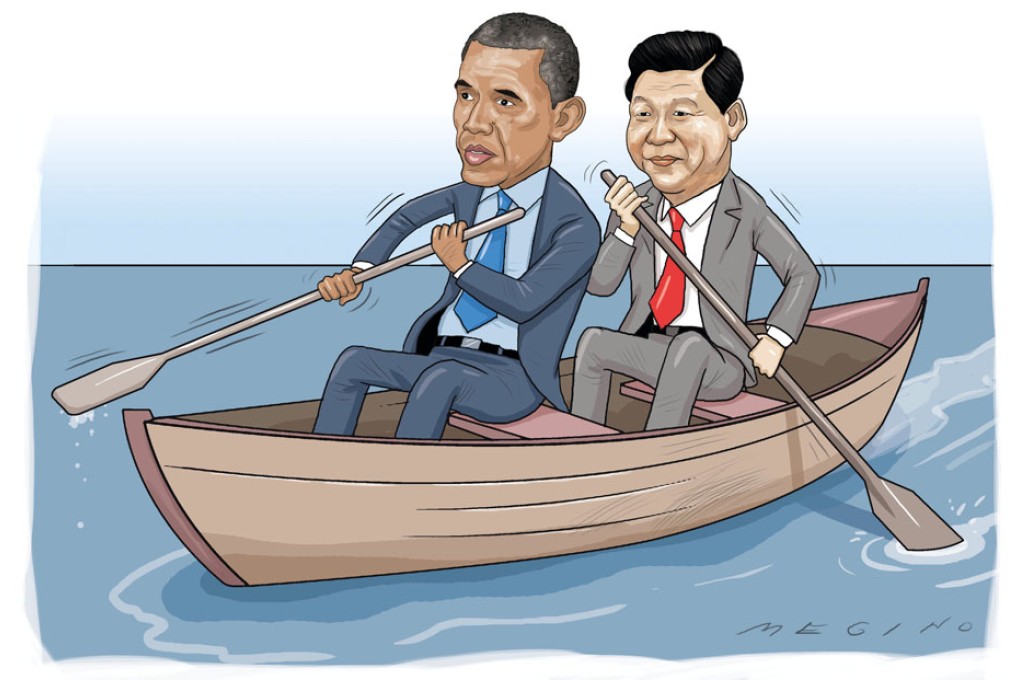US and China must work hard at a grand compromise
Yoon Young-kwan says a stable Sino-American relationship - with all its attendant benefits for the rest of the world - will be impossible without concessions from both sides

Has the world entered a new era of chaos? America's vacillating policy towards Syria certainly suggests so. Indeed, the bitter legacy of the invasions of Iraq and Afghanistan, followed by the 2008 financial crisis, has made the United States not only reluctant to use its military might, even when "red lines" are crossed, but also seemingly unwilling to bear any serious burden to maintain its global leadership position. But if America is no longer willing to lead, who will take its place?
China's leaders have demonstrated their lack of interest in active global leadership by openly rejecting calls to become a "responsible stakeholder" in the international political and economic systems. Meanwhile, though Russia may wish to maintain the illusion that it is a global power, it lately seems interested primarily in thwarting America whenever possible - even when doing so is not in its own long-term interests. And Europe faces too many internal problems to assume any significant leadership role in global affairs.
The major test here will be whether China is willing to accept the status quo in the East and South China seas
Unsurprisingly, this dearth has seriously undermined the effectiveness of international institutions, exemplified by the UN Security Council's ineffectual response to the Syria crisis and the failure of the current round of World Trade Organisation trade negotiations.
The situation resembles the 1930s - a decade when, as the economic historian Charles Kindleberger argued, a leadership vacuum led to the underproduction of global public goods, deepening the Great Depression.
In these circumstances, the US and China - the only viable candidates for global leadership - must achieve a grand compromise that reconciles their fundamental interests, in turn enabling them to act in concert to provide and protect global public goods. Only by stabilising the bilateral Sino-American relationship can a global system that supports peace and shared prosperity be achieved.
Such a compromise should begin with a concerted effort by the US to enhance China's role in international economic institutions like the International Monetary Fund, the World Bank, and the WTO. While the appointment of the Chinese central banker Zhu Min as IMF deputy managing director was a positive step, it has not been followed by other appointments or steps that would increase China's influence.
Moreover, China should be included in the Trans-Pacific Partnership - the pan-Asian free trade area that the US is now leading in negotiations. Dividing the Asia-Pacific region into two economic blocs - one centred around China and the other around the US - will increase mistrust and encourage economic friction.